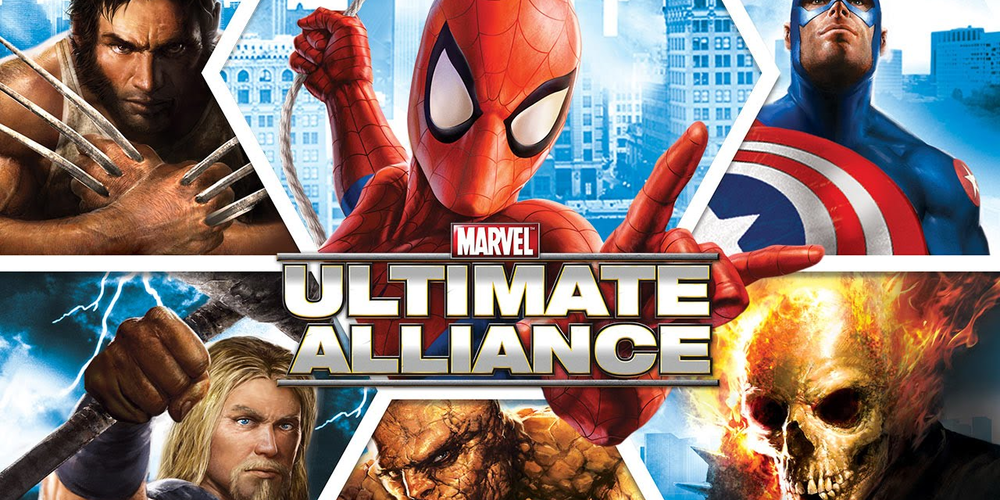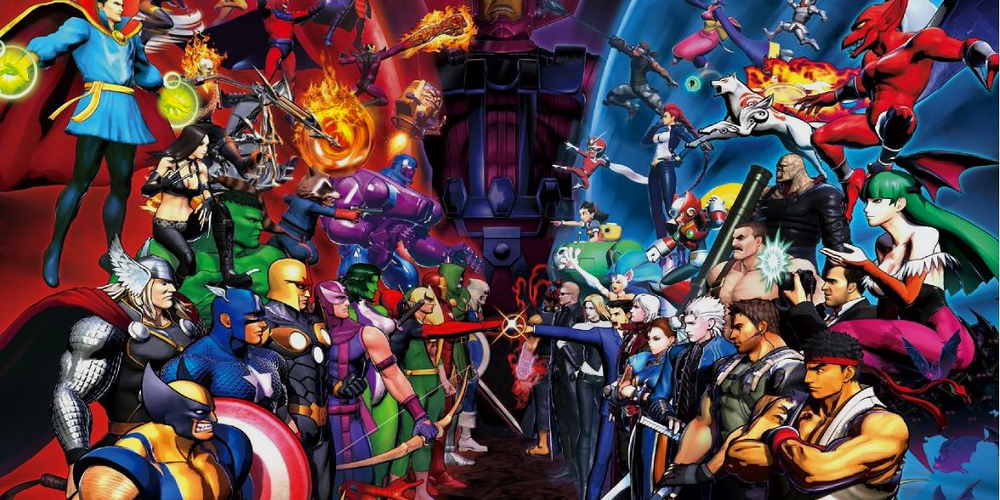When Heroes Fall Short: The Over-Nerfing of Marvel's Mightiest in Video Games
Nov-22-2023

The Marvel Universe is a realm of infinite possibilities, where gods command thunder, mutants reshape reality, and armored geniuses take on interstellar threats. When these titans leap from comic book panels to the pixelated world of video games, one might expect to wield such earth-shattering powers at the press of a button. Yet, paradoxically, these icons often find their extraordinary abilities curtailed, their strengths diluted. This article delves into five Marvel games that have notoriously dialed down the prowess of our beloved superheroes, sometimes to the point of disservice, leaving fans to wonder whether a balance between authenticity and gameplay can truly be achieved.
Marvel's Avengers: When Gods and Monsters Walk Among Us

The ambition behind Marvel's Avengers from Crystal Dynamics was colossal: bring together Earth's Mightiest Heroes in a shared online experience. However, in their endeavor to create balance within a diverse team, the developers scaled back the characters' powers significantly. The Hulk, known for his limitless strength and rage-fueled dominance, often feels constrained, his destructive potential capped to allow for cooperative play with human-scale characters like Black Widow. Thor, the Asgardian god of thunder, finds himself in a similar predicament, his divine might reduced to match his mortal teammates. This approach, while well-intentioned in its aim to level the playing field, inadvertently strips these iconic figures of the very attributes that define them.
Marvel's Midnight Suns: Dimming the Light of the Supernatural
In the tactical RPG realm of Marvel's Midnight Suns, Firaxis Games presents a darker slice of the Marvel universe, focusing on the mystical and supernatural. While the game commendably tries to honor the power levels of its characters, concessions are made. Doctor Strange, Marvel's Sorcerer Supreme, whose magical prowess knows few bounds in the comics, is here confined to a card-based system that limits the frequency and impact of his spells. Captain Marvel, capable of cosmic destruction on a grand scale, finds her abilities reduced to mere card tricks. This decision, though understandable from a gameplay design perspective, leaves players yearning for more moments where these characters can truly unleash their potential.
Marvel Ultimate Alliance: A Universe of Compromised Potential

The Marvel Ultimate Alliance franchise is a fan-favorite, allowing players to assemble dream teams from a vast roster of over a hundred heroes and villains. But with such a sprawling cast, the need to maintain gameplay balance inevitably leads to the dilution of individual abilities. Powerhouses like the Silver Surfer, who wields the Power Cosmic, or Thor, are brought down to a level where they can be challenged by street-level fighters. As a result, the sense of awe that their abilities should inspire is often missing, and players are left with a homogenized experience that fails to capture the uniqueness of each character.
LEGO Marvel Games: Simplification in the Name of Accessibility
The LEGO Marvel games are renowned for their charm and accessibility, targeting a younger audience with their light-hearted and fun approach to the superhero genre. In these games, complex characters are simplified to their most basic abilities to facilitate ease of play and understanding. This results in cosmic entities like Galactus or reality-warpers like Scarlet Witch being reduced to characters who do little more than smash LEGO bricks or solve rudimentary puzzles. While this approach is effective in engaging children and casual gamers, it also significantly underplays the vast capabilities of the Marvel Pantheon.
Marvel Vs. Capcom: Equality at the Cost of Authenticity

The crossover fighting series Marvel Vs. Capcom is a celebration of two titanic franchises clashing in epic battles. To ensure competitive fairness, characters from both universes are adjusted to fit within the confines of the fighting game genre. This means that characters such as Thanos, who in the comics is a universal threat with the Infinity Gauntlet, and Doctor Strange, a master of the mystic arts, are given move sets that are more in line with street fighters than universe-altering beings. The resulting gameplay is thrilling and balanced, but undeniably, it comes at the cost of diminishing the Marvel characters' grandeur and the authenticity of their powers.
In conclusion, the challenge of integrating Marvel's superheroes into video games is a delicate balance between maintaining gameplay balance and honoring the characters' true abilities. While the aforementioned games have brought joy and excitement to countless fans, they have also faced criticism for the apparent nerfing of their protagonists. It is a testament to the difficulty of game design, where the essence of a superhero must be distilled into a form that fits within the mechanics and fairness of a gaming environment. As technology and creativity evolve, perhaps future titles will find more innovative ways to let players experience the full might of Marvel's heroes without compromising the integrity of the game or the characters themselves.







